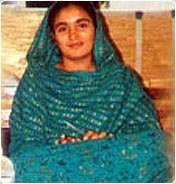Problem of Poor Reading Skills
There is a serious problem in this country among young people because they cannot read well enough to get a good job with a career path once they leave school, participate in civic responsibilities, or even read a book or newspaper (Every, 2003). Because of their low level of practical literacy, they are being left behind at a time when society and the workplace are becoming increasingly technological and requiring higher levels of reading, writing, and communication skills to compete. The No Child Left Behind Act attempts to make American schools face the fact that young people are leaving school without adequate reading and writing skills because it requires they be proficient in reading/language arts and mathematics by the end of 2013-2014. The Partnership for Reading, the National Institute of Child Health and Human Development, the office of Vocational and Adult Education, the Office of Special Education and Rehabilitative Services, and the Institute of Education Sciences within t...









